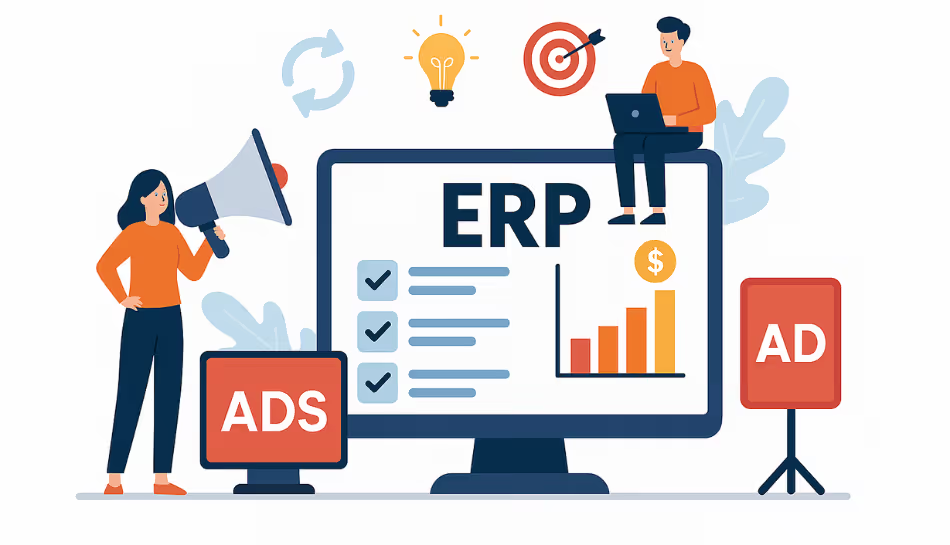
Managing business finances is no longer just about spreadsheets and calculators. With real-time data, predictive modeling, and easy-to-use dashboards, modern financial management tools help businesses make smarter decisions, improve efficiency, and stay compliant.
Whether you run a startup or a growing enterprise, the right tools can simplify budgeting, forecasting, expense tracking, and financial analysis. Here's a curated list of the top 10 financial management, modeling, and analytics tools to consider in 2025.
10. Microsoft Excel (with Add-ons)
Whether you run a startup or a growing enterprise, the right tools can simplify budgeting, forecasting, expense tracking, and financial analysis. Here's a curated list of the top 10 financial management, modeling, and analytics tools to consider in 2025.
- Great for: Small businesses and freelancers
- Best for: Custom models, basic analytics, quick simulations
9. Wave
Wave is a free, cloud-based accounting software ideal for small businesses. It handles income, expenses, invoicing, and receipts with ease.
- Great for: Startups and solo entrepreneurs
- Best for: Simple financial tracking and reporting
8. QuickBooks Online
QuickBooks continues to be a go-to choice for small to medium businesses. It offers strong features for budgeting, cash flow tracking, and automated tax filing.
- Great for: SMEs
- Best for: Expense tracking, GST compliance, recurring billing
7. Zoho Books
Part of the Zoho suite, Zoho Books is a modern, user-friendly platform for end-to-end financial management.
- Great for: Growing businesses and agencies
- Best for: GST filing, client billing, project-wise financial tracking
6. TallyPrime
A long-time favorite in India, TallyPrime is known for its offline-first, GST-enabled accounting system. It supports invoicing, inventory, and payroll too.
- Great for: Traditional businesses
- Best for: Local compliance, multi-GSTIN management
5. FreshBooks
FreshBooks offers easy invoicing, time tracking, and expense management with a clean interface. It's perfect for service-based businesses and consultants.
- Great for: Freelancers and small service providers
- Best for: Time-billing, automated reminders, basic financial analytics
4. Xero
Xero is a powerful cloud-based solution for real-time accounting and reporting. It supports multi-currency, advanced bank reconciliation, and app integrations.
- Great for: International businesses
- Best for: Scalable financial tracking, integrations with CRM and payroll
3. Planful
Planful is a next-generation financial modeling tool for enterprises. It supports scenario planning, real-time collaboration, and dynamic forecasting.
- Great for: Large enterprises and finance teams
- Best for: Budgeting, predictive modeling, workforce planning
2. Oracle NetSuite
NetSuite combines financial management, ERP, and analytics into one powerful cloud platform. It's best suited for fast-growing businesses that need scalability and depth.
- Great for: Mid to large-scale businesses
- Best for: End-to-end finance + operations management, advanced analytics
1. Bigsun Dawn FAS
At the top of our list is Bigsun Dawn FAS, a modern, all-in-one financial management system built for Indian businesses. It includes everything from invoicing and payments to multi-branch reporting and GST filing. With automation features and real-time dashboards, it’s ideal for businesses that want power without complexity.
- Great for: Startups to large enterprises
- Best for: Custom financial workflows, GST compliance, analytics, automation
Final Thoughts
From day-to-day accounting to long-term forecasting, today’s financial management tools can help you manage cash flow, cut costs, and improve decision-making.
If you're looking to scale operations, stay compliant, or simply understand your finances better, investing in a good mix of financial modeling and financial analytics tools is essential in 2025.
Frequently Asked Questions:
- Bigsun’s Dawn (FAS)
- Zoho Books
- QuickBooks
- Xero
- TallyPrime
- FreshBooks
- Oracle NetSuite
- SAP Business One
- Wave Accounting
- Sage Intacct

